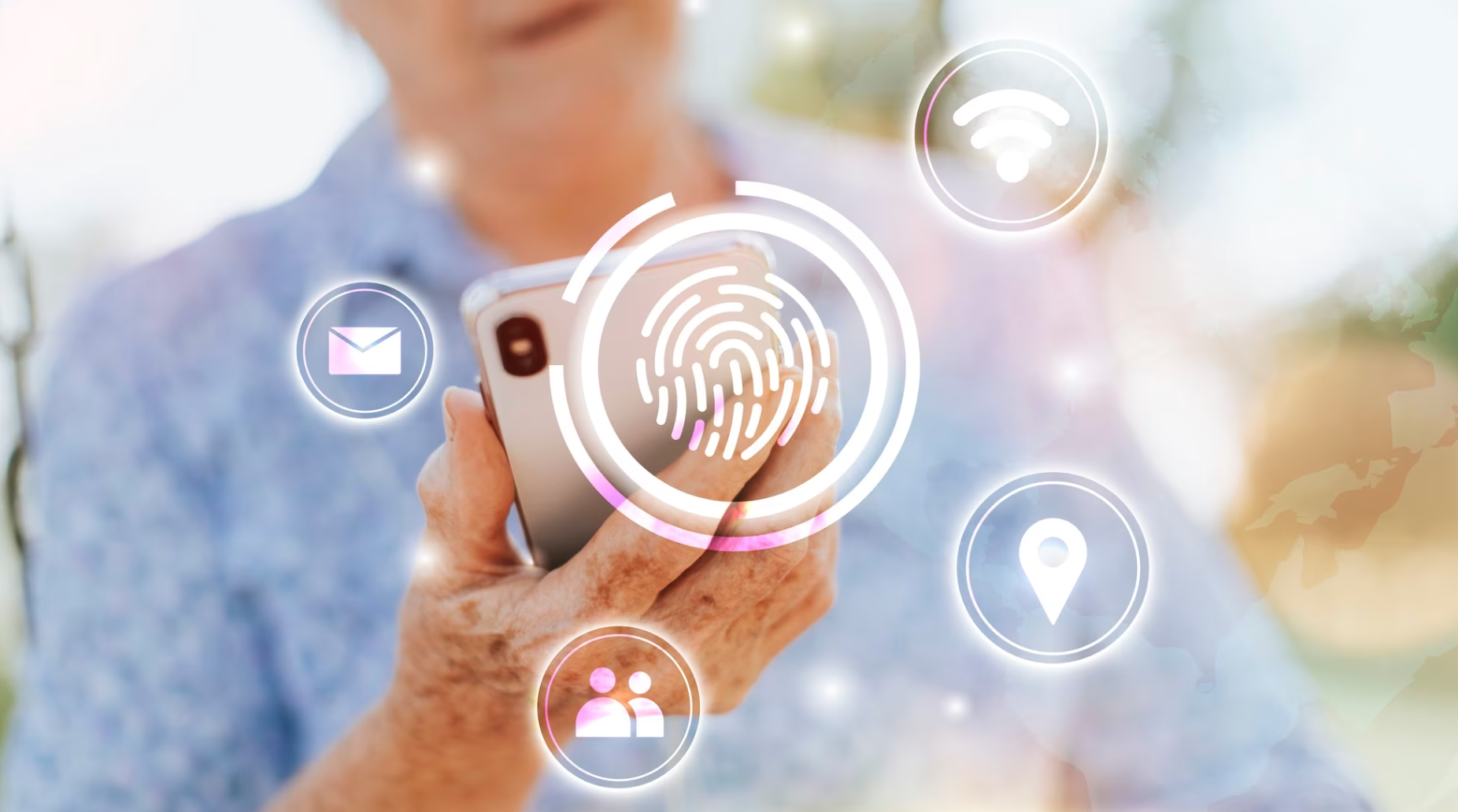Upholding the Right to Life, Liberty, and Security of Person: Ensuring Fundamental Human Rights

In this blog post, we will explore the right to life, liberty, and security of a person, its definition, historical context, significance, challenges, and ways to contribute to its protection. This fundamental human right ensures that every individual is entitled to the preservation of life, freedom from arbitrary detention, and protection from torture or cruel treatment. Let's delve into the details.

The right to life, liberty, and security of a person is enshrined in various international human rights instruments, including the Universal Declaration of Human Rights (UDHR) and the International Covenant on Civil and Political Rights (ICCPR). The UDHR was adopted by the United Nations General Assembly in 1948, while the ICCPR was adopted in 1966 and entered into force in 1976. The right is regulated by various UN entities, including the Office of the High Commissioner for Human Rights (OHCHR) and the Human Rights Council.
Significance

The right to life is the most fundamental of all human rights, as it forms the basis for the enjoyment of other rights. It guarantees that individuals should not be arbitrarily deprived of their lives and should be protected from acts that pose a threat to their existence. The right to liberty ensures that individuals have the freedom to move, live, and make choices without undue interference. The right to security of person protects individuals from torture, cruel treatment, or arbitrary detention, ensuring their physical and mental well-being.
Examples from History

- Abolition of Slavery: The recognition of the right to life, liberty, and security of a person played a crucial role in the abolition of slavery. It challenged the notion that individuals could be treated as property and affirmed their inherent dignity and rights.
- Civil Rights Movement: In the 20th century, the civil rights movement in the United States fought for equal rights and an end to racial discrimination. Leaders like Martin Luther King Jr. advocated for the right to life, liberty, and security of person for African Americans and successfully contributed to significant societal changes.
- Apartheid in South Africa: The struggle against apartheid in South Africa highlighted the need to protect the right to life, liberty, and security of person for all individuals, regardless of their race or ethnicity. The movement led to the dismantling of the apartheid system and the establishment of a democratic and inclusive society.
Challenges

While progress has been made in upholding the right to life, liberty, and security of person, several challenges persist:
- Armed Conflicts: In areas affected by armed conflicts, individuals often face grave threats to their lives, liberty, and security. It is essential to address the causes of conflicts, protect civilians, and hold perpetrators accountable.
- Terrorism and Extremism: Acts of terrorism and extremism pose significant challenges to the right to life, liberty, and security. It is necessary to counter terrorism while ensuring respect for human rights and the rule of law.
- Arbitrary Detention: Some governments engage in arbitrary detention, denying individuals their right to liberty. Efforts are needed to prevent arbitrary detention, ensure due process, and protect the rights of detainees.
Contributing to the Protection of the Right

- Raising Awareness: Educate yourself and others about human rights, including the right to life, liberty, and security of person. Spread awareness through discussions, social media, and community events.
- Support Human Rights Organizations: Contribute to or volunteer with organizations that promote and protect human rights. They work to advocate for the rights of individuals and address violations.
- Advocate for Legal Reforms: Support initiatives that promote legal reforms to strengthen the protection of these rights. Engage with policymakers, lawmakers, and civil society organizations to advocate for improved legal frameworks and accountability mechanisms.
- Report Human Rights Violations: If you witness or become aware of human rights violations, report them to the relevant authorities, human rights organizations, or the United Nations Human Rights Council. Your reports can contribute to raising awareness, investigation, and accountability for violations.

The right to life, liberty, and security of a person is a fundamental human right that forms the cornerstone of a just and democratic society. It ensures that individuals are protected from arbitrary deprivation of life or liberty and guarantees their security and well-being. While challenges persist in upholding these rights, it is essential for governments, civil society organizations, and individuals to work together to promote respect, protect human rights, and create a world where every person can live a life of dignity, freedom, and security.
Sources:
- United Nations Human Rights Council. (n.d.). Retrieved from https://www.ohchr.org/en/hrbodies/hrc/pages/home.aspx
- Office of the United Nations High Commissioner for Human Rights. (n.d.). Retrieved from https://www.ohchr.org
- Universal Declaration of Human Rights. (1948). Retrieved from https://www.un.org/en/about-us/universal-declaration-of-human-rights
- International Covenant on Civil and Political Rights. (1966). Retrieved from https://www.ohchr.org/en/professionalinterest/pages/ccpr.aspx
- United Nations. (n.d.). Human Rights. Retrieved from https://www.un.org/en/sections/issues-depth/human-rights









